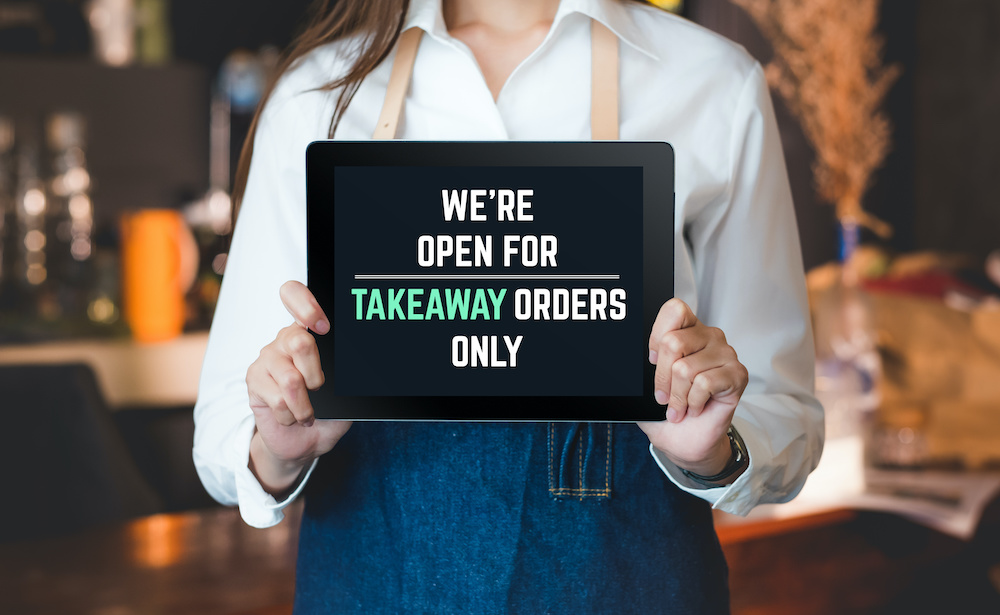
Part 1 of a 2-Part Series
Restaurant owners face many demands on their time. With demanding schedules and long hours, extend far beyond the typical working day. Nevertheless, find time to create an estate and business succession plan. Otherwise, if you grow ill or die, who will run your business in your stead? Is someone else authorized to make payroll, pay your bills, and make business-related decisions? Failing to build an estate and business succession plan can lead to big headaches for your loved ones. Without it, they could even lose your restaurant. Think this through for peace of mind. Set aside some of your valuable time. Consider these important factors:

Authorize Another Restaurant Owner
Some sole proprietors own their own restaurants. Without assigning a co-owner to operate the restaurant in their absence, someone else steps in. To prevent this, restaurant owners should assign authority to someone you trust. This grants them the ability to step into your shoes. It also sanctions authority for them to act and make decisions on your behalf.
Grant Medical Power of Attorney (POA)
Your physical health and wellbeing matter. With a Medical POA, you grant a trusted family member or friend the authority to make health care decisions on your behalf. They would do so if you are unconscious or otherwise unable to communicate your wishes. This document (along with a living will) specify your wishes for end-of-life care. They also ensure you will receive the type of medical care you want.

Create Durable Financial Power of Attorney (POA)
A Financial POA authorizes someone you choose to make financial decisions on your behalf. You may wish to authorize your agent to manage all aspects of running your restaurant. A Durable POA remains in effect after the principal (you) becomes too ill or disabled to handle the financial matters covered in the document.
Choose a Restaurant Owner Successor for Transfer

- The last thing you want is for your restaurant to simply be unable to open one evening if you have a heart attack and cannot be there to operate it. It is important for there to be a family member or employee who is well-trained and able to step into your shoes in case the unexpected happens.
- In addition, it is important to think now about whether to transfer your restaurant during your life or after death. Regardless of whether you transfer ownership and management of the business during your lifetime or at your death, it is crucial for the individual who will take over the reins to have plenty of training to prepare him or her for this new role. Many business owners transfer management and ownership incrementally to facilitate a smooth transition. As experienced estate planning attorneys, we, along with your financial advisor, can help you think through all of the legal, tax, and financial implications of the transfer.
Review partnership or limited liability company (LLC) operating agreement

If your restaurant is a partnership or LLC, the partnership or operating agreement may contain restrictions on transfers which could have an impact on your estate planning. If your restaurant is a franchise, the franchise agreement may also impose restrictions on future transfers. As a result, it is important to review these documents during your estate and business succession planning.
Execute a buy-sell agreement between restaurant owners
If you co-own your restaurant with one or more other individuals, it may be beneficial to consider a buy-sell agreement, which is designed to clearly set forth the rights of each of the owners in transferring their interest, making it easier for the owners to exit the business when the time comes.
Consider life or key person insurance

If a family member, co-owner, or employee wants to purchase your ownership interest in the restaurant at your death, insurance proceeds can provide much-needed liquidity. If you wish to retire, an installment sale may be another solution enabling your successor to purchase the business over several years if they are unable to raise the funds to pay for it as one lump sum.
Check back next week, when we finish this two-part series.
About Skvarna Law Firm in Glendora and Upland, California

Skvarna Law Firm operates offices in Glendora and Upland, California. We provide legal services for individuals living in San Bernardino, Los Angeles, Orange and Riverside Counties. This includes several cities — Upland, Ontario, Rancho Cucamonga, Fontana, Colton, Rialto, Chino, Chino Hills, Glendora, Claremont, Pomona, La Verne, Montclair, San Dimas, Azusa, Covina, West Covina, Diamond Bar, Walnut, La Puente, Corona, Norco & Mira Loma. Visit SkvarnaLaw.com to learn more.

